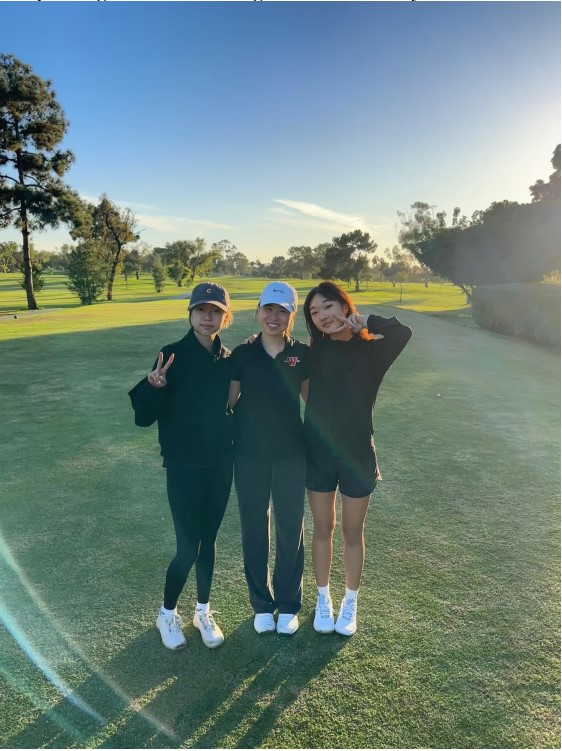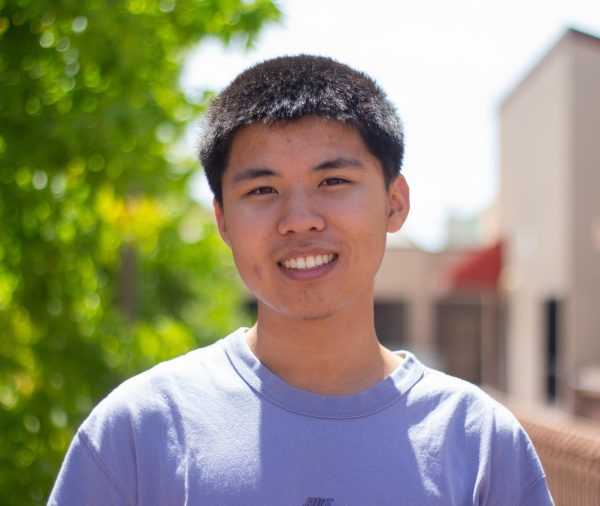Model United Nations is a high school activity to simulate what it says, the United Nations, allowing students to experience a unique environment found almost nowhere else. Teams are formed from schools like the one at Woodbridge, and they attend conferences.
Sophomore David Han describes his experience with conferences. “We debate on an issue, and eventually we try to come up with a resolution. Between the process, we interact with
different countries, quote unquote, and, we represent our own country’s interests,” Han said.
All of these debates and talks culminate in “one big melting pot, that basically ends up as either a resolution or maybe different resolutions if there’s conflicting ideas,” he continues.
This melting pot gives students a unique perspective into issues that challenge our world and to see how our world leaders try to resolve them. In the process, it gives them verbal, writing and mental skills.
Freshman Lois Xu describes what she gained from her first Model UN conference. “I learned a lot more about the United Nations and I learned about how to prepare a speech and how to write a paper and how to talk in front of people and how to work with other people… I think it helped my communication skills. I was pretty shy when I was a kid. I still am, but it helped me talk to people and be more comfortable around people,” Xu said.
Model UN also challenges writing skills. “You have to write a position paper for each conference and that requires a lot of research,” said Han.
Lastly, Model UN positively impacts the mental well-being of students. According to Mary Beth Brennan, “The Importance of the Model United Nations Experience”, “They can expand both cognitive ability and subject matter tolerance. In practical terms,self‐confidence of students in having participated in a large group and awareness of political issues will certainly increase.”
Writing, speaking, and central skills are all needed in Model UN. It challenges you to apply these important skills in a real setting with multiple people, and as a result, students improve.
But Model UN isn’t all sunshine and rainbows. “I felt like there was a lot more pressure than I expected,” Xu said.
However, “leadership is always helping out people who are joining for the first time. They’re always giving advice, they’re giving training, they’re asking for feedback… So I would say while they’re focused on competition at the end of the day. It’s about them doing their best and then the community,” said Model UN advisor Alexandra Sheridan.
Model UN, as much about the competition and winning, is still a heavily cooperative activity and it shows. A main point of both Han and Xu was the new people and friends you meet.
“You meet so many new people and you create a lot of friendships,” said Han. Lois added, “Even if you don’t win anything you have friends… And you get to
work with others, meet other people from around Southern California.”
All in all, Model UN is about the competition, but that competition creates a supportive community, allows you to practice important life skills and most importantly, have fun




